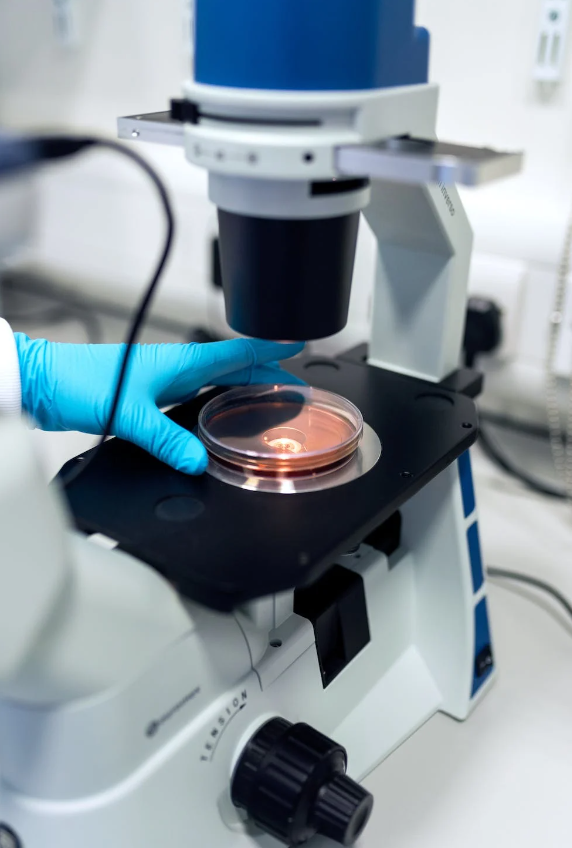Virustatic has announced funding for three proof-of-concept research projects, facilitating work with esteemed academic partners. The projects are cross-sectoral and address different areas of need and interest, all linked by Virustatic’s innovative application of natural proteins.
The projects were successfully selected by the panel of National Biofilms Innovation Centre’s (NBIC) fourth Proof of Concept (POC) call, launched earlier this year, and will fund three separate projects with academics at Heriot Watt University, The University of Liverpool and University of Bradford.
NBIC have funded 18 projects, after receiving a record 61 applications involving 92 different collaborative partners, demonstrating the breadth of biofilm related problems and opportunities across a wide range of sectors. These include health, hygiene, industrial processing, food, water, oral care, personal care, anaerobic digestion, waste and wastewater and biotechnology.
Virustatic’s first project, alongside academics at Heriot Watt University’s prestigious Lyell Centre, will assess the potential of a recombinant anti-biofilm protein as a cost-effective, environmentally friendly treatment against souring and biocorrosion. They will investigate the potential of proteins in preventing and controlling industrial biofilms, to reduce problems such as toxic gas production and biocorrosion, and reduce the need for biocides.
The University of Liverpool’s Open Innovation Hub for Antimicrobial Surfaces will partner with Virustatic for the next project, using bioinspired protein technology for biofilm prevention on indwelling medical devices. They aim to find a solution to biofilm formation on indwelling medical devices, such as ventilators or catheters, which contribute significantly to the chronicity of infections, posing a substantial healthcare and economic burden. As well as investigate incorporation of natural protein-based technology to indwelling medical devices, and its effectiveness against biofilm formation.
The third project will be delivered alongside University of Bradford academics and their esteemed Centre for Skin Sciences to develop a protein infused tampon for management of bacterial vaginosis. Bacterial vaginosis (BV) affects women aged 15-44 yrs but is difficult to treat during menstruation. This project will engineer a tampon with unique additional layers containing a smart antimicrobial protein that is released during use to manage the bacteria that cause disruption to the normal biofilm of the vagina causing BV.
CEO of NBIC, Dr Mark Richardson, said “I congratulate everyone at Virustatic on the unparalleled success with your applications. Our POC calls are highly competitive and independently assessed. The success shows you clearly have a great technology, chose excellent partners and problem spaces and then developed strong applications.”
“We are thoroughly pleased with this opportunity to work alongside academic experts in their field and for the support of NBIC as the projects progress. We are grateful for the introductions to partners and support from the NBIC team; this is an exciting time for us,” added Paul Hope, Technical Director of Virustatic.






